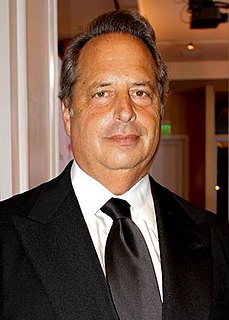A Quote by Jackie Speier
If the director of the department doesn't even know what the privacy policy is, we are in trouble.
Related Quotes
The culture of the State Department is very negative towards a conservative foreign policy. And the model that we all have, of civil servants as neutral careerists who carry out the policy of the elected president, doesn't work nearly the way it should in the State Department. So that there are many people who want to be good civil servants, who want to try and carry out these policies, but are afraid to do so. And I'm not even counting the very small number of conservatives in the State Department who are genuinely at risk.
I don't think he would have had any trouble answering Justice Sonia Sotomayor's excellent challenge in a case involving GPS surveillance. She said we need an alternative to this whole way of thinking about the privacy now which says that when you give data to a third party, you have no expectations of privacy. And [Louis] Brandeis would have said nonsense, of course you have expectations of privacy because it's intellectual privacy that has to be protected. That's my attempt to channel him on some of those privacy questions.
I'm going to be bringing people into the public diplomacy function of the department who are going to change from just selling us in the old USIA way to really branding foreign policy, branding the department, marketing the department, marketing American values to the world and not just putting out pamphlets.
The director makes the movie. The director has to have the story in their head, has to know the style of the piece, has to answer questions from actors, design, set, lighting, every department throughout the pre-production, production, and post-production, because they've got it in their mind. They've got to know exactly what they want and what the style and story of the movie is. It's them. They make it.
I started as an artist and I had a side job moving some heavy boxes for a publishing company. They had just gotten a Mac for their art department, the department that creates the book covers. I was kind of showing the art director a thing or two about how to use a Mac. And one day everyone went out to lunch and I jumped on the computer and designed a book jacket and slipped it in the pile to go to the review board in New York. They picked my jacket and when the art director got back to Boston, he wanted to know who designed it and I said, "Me." He was like, "The box guy?"
I believe [the Department of Energy] should be judged not by the money we direct to a particular State or district, company, university or national lab, but by the character of our decisions. The Department of Energy serves the country as a Department of Science, a Department of Innovation, and a Department of Nuclear Security.


































